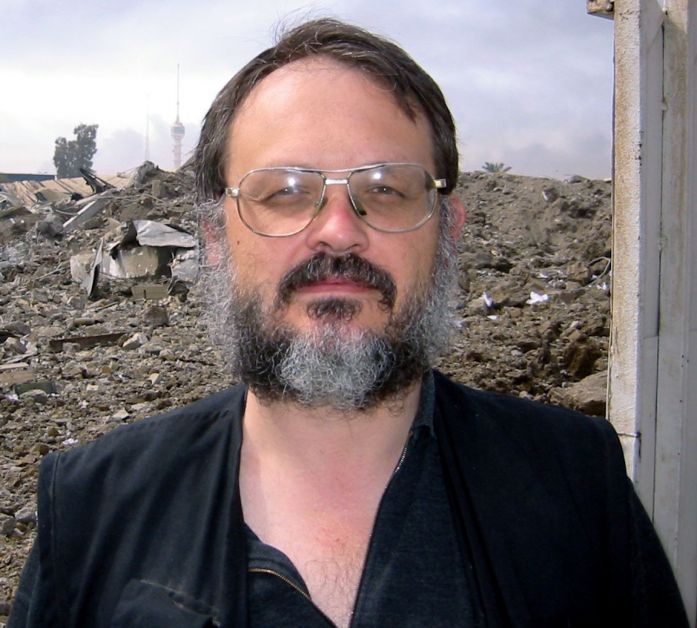Gregor Mayer was born in 1960 and studied philosophy and mathematics in Graz and Vienna. He has reported from Central and Southeast Europe for the weekly news magazine "profil", the daily broadsheet "Der Standard" and the Deutsche Presse-Agentur (dpa) since early 1990’s. He authored numerous reports describing the wars in Croatia, Bosnia-Herzegovina and Kosovo. From 2003 to 2005 he ran the dpa office in Baghdad. Since 2005 he is the dpa special correspondent for the Near East and other regions. He has translated works by the Hungarian writer István Eörsi (1931–2005) into German, including the novella "Hiob und Heine. Passagiere im Niemandsland" (Klagenfurt 1999). He lives in Belgrade and Budapest.
